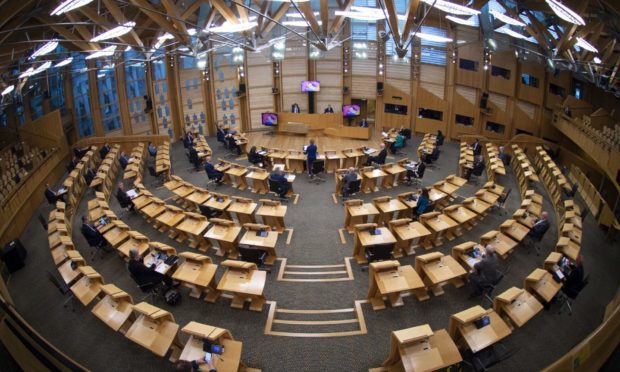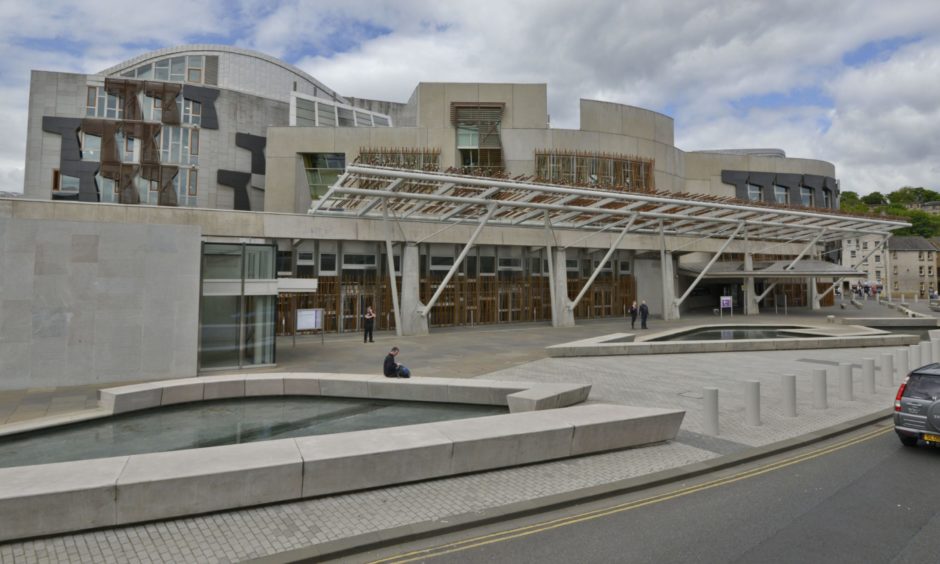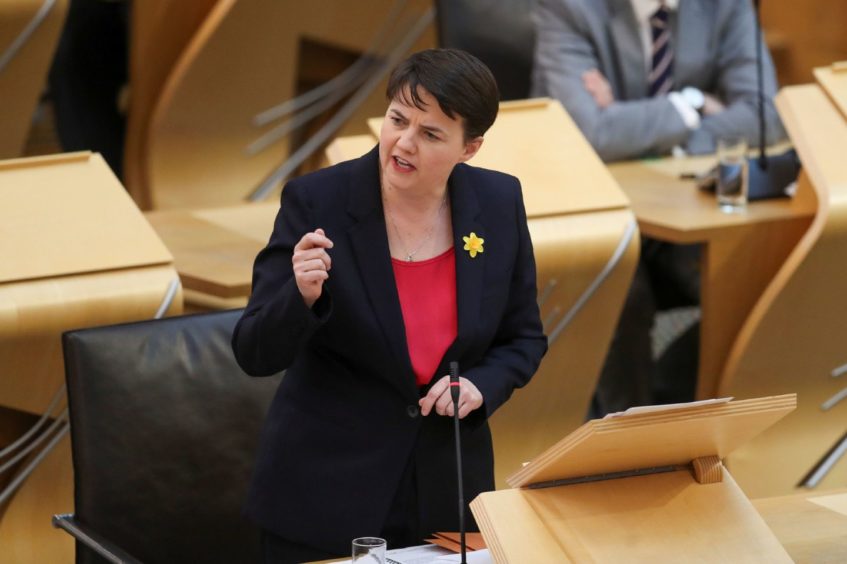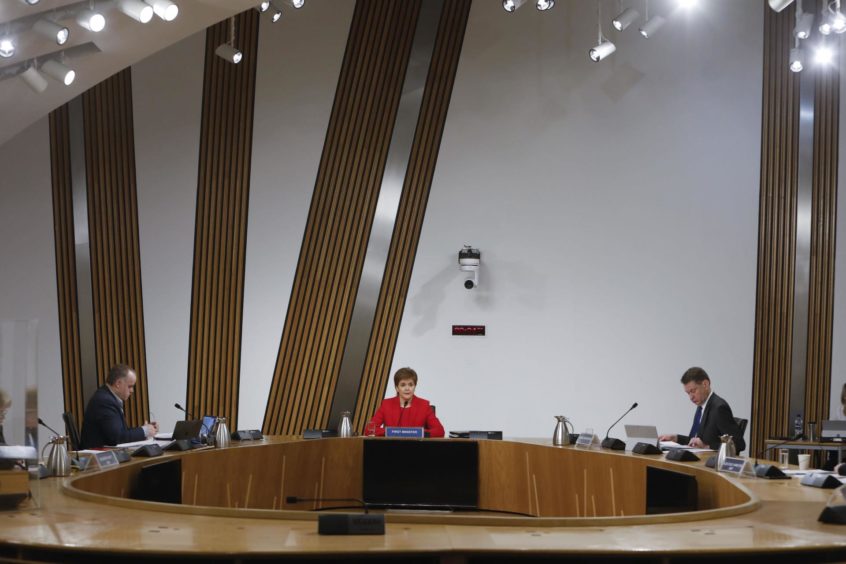Scotland chose to have its own parliament in 1997, following the Scottish devolution referendum.
Some 74.29% of Scots voted in favour of the country having its own parliament, an overwhelming majority and 63.5% of Scots also voted in favour of the Scottish Parliament having its own tax-varying powers.
A coalition government of Labour and the Liberal Democrats made up Holyrood’s maiden government in 1999, with Donald Dewar of Labour the First Minister.
Since then, Labour’s Henry McLeish and Jack McConnell have had spells as First Minister of the country, both running coalition governments with the Lib Dems.
The SNP, led by Alex Salmond, became Scotland’s main party in 2007 and have been in power ever since. Salmond resigned in 2014, paving the way for Nicola Sturgeon to take the reins.
However, with two institutions governing Scotland (Westminster and Holyrood), there is often confusion over the reasons for having a Scottish Parliament.
John McTaggart, a modern studies teacher in Scotland, says: “The role of the Scottish Parliament, really, is pretty three-fold.
“It’s to hold the Scottish Government to account, scrutinise legislation and represent the Scottish people. That’s its three main roles”.
Committees and questions
The SNP currently hold the most seats in Holyrood with 61, meaning each week First Minister Nicola Sturgeon will answer questions from opposition leaders and MSPs at First Minister’s Questions (FMQs).
This is a chance for the opposition to hold the government to account for its actions.
As the Conservatives hold the second-highest number of seats with 30, their leader, currently Ruth Davidson, poses the first series of questions at FMQs. Labour follow, as the next biggest party, before the Lib Dems and the Greens.
After this, the floor is opened up and Presiding Officer Ken Mcintosh selects which MSPs may ask questions.
There are various committees in the Scottish Parliament including justice, education and health and sport. These committees give MSPs the chance to scrutinise and amend bills before they become law.
First Minister Nicola Sturgeon was recently scrutinised by the Committee on the Scottish Government Handling of Harassment Complaints over the botched handling of allegations against Alex Salmond.
Another role of the Scottish Parliament is to represent you, the Scottish people.
An MSP is elected by the public and it is their duty to do what they feel is best for their constituency or region.



